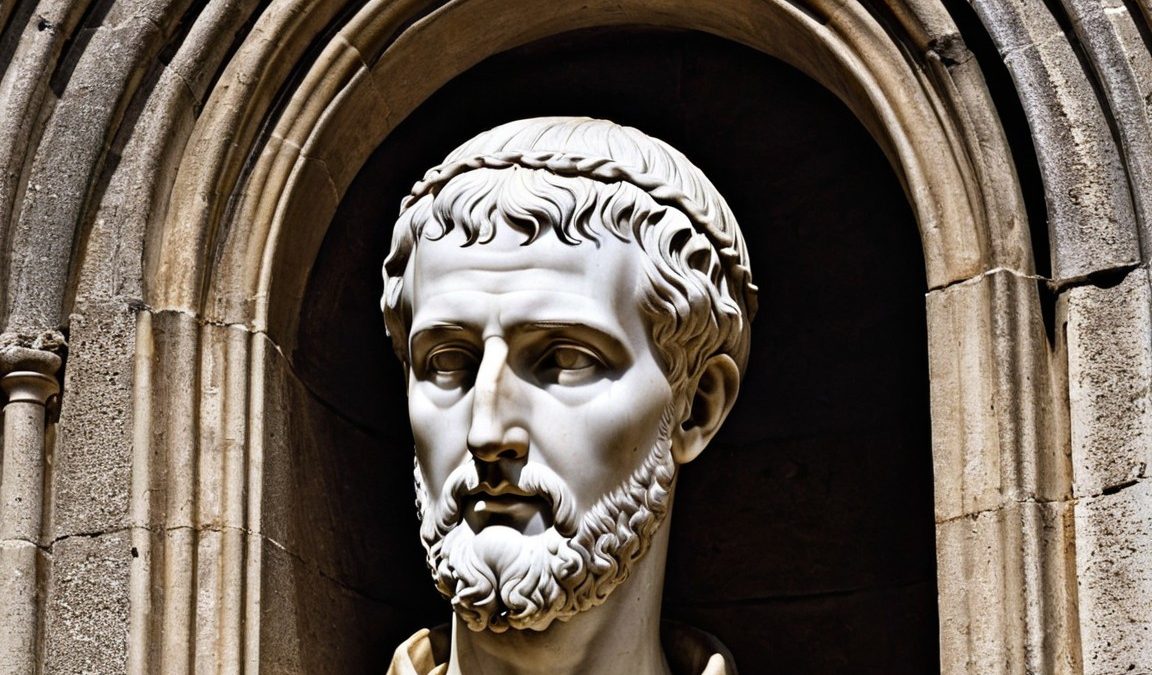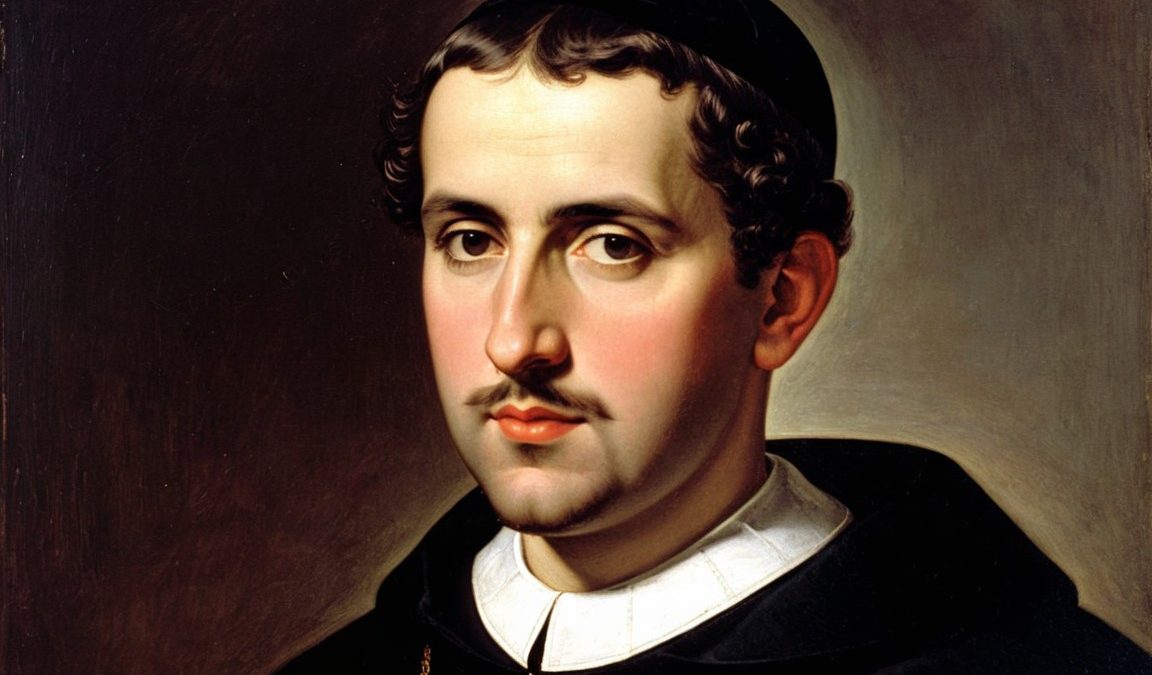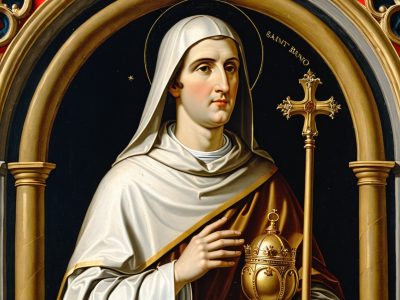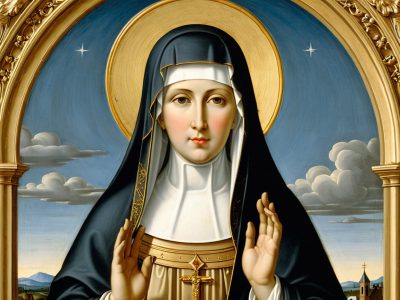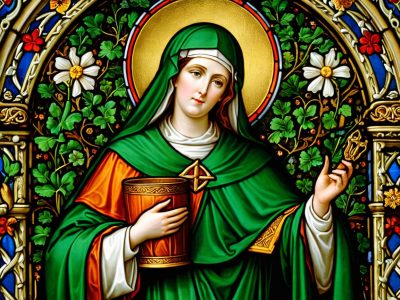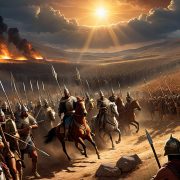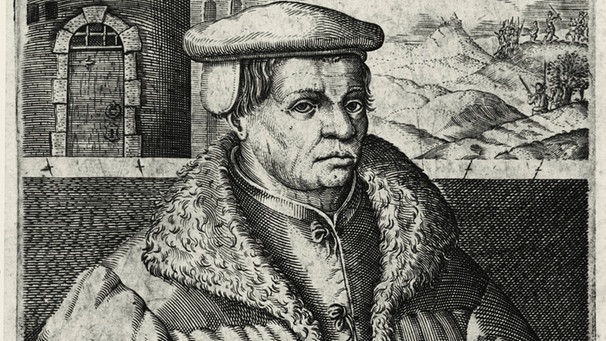
Thomas Müntzer was born in 1490 in the small German town of Stolberg. He came from a master’s family. His father was waiting for coins. He later moved to Quedlinberg due to his parents’ profession. In his youth, Müntzer had little interest in entertainment, luxurious life. It is believed that the only luxury that Müntzer was able to afford were books, on which he constantly accumulated money. In 1506 he entered the University of Leipzig, studying philosophy, medicine and religion. Around 1517, when the wave of the Reformation broke out in Germany, Müntzer worked as a teacher at the Martin Gymnasium in Braunschweig. However, Munzer taught there only until 1519, entering the monastery as a chaplain near the town of Weissenfels. It was here that Müntzer proved himself as a radical preacher and supporter of innovations in liturgical church practice. At that time, Wittenberg was discussing the famous «95 theses» of the monk of the Augustinian order, Martin Luther, in which he pointed out the shortcomings of the Roman church.
It is known that Thomas Müntzer was impressed by Luther for a long time. From Uteborg the leader of the peasant Reformation moved to Wittenberg, where he had the opportunity to meet with Luther. It was in Wittenberg that Müntzer became a priest. At this time, according to history, the formulations, theses and principles of Müntzer ‘s sermons were contained in the program of the Reformation. However, further radicalism of views made Müntzer as one of Luther’s opponents. In his sermons, Thomas Müntzer proved to be an excellent orator. The content of his things was communicated to the clergy, to the feudal lords, and to the common peasants. He rebuked wealthy monks, the exploitation of the German peasantry. The people of Zwickau, to whom Müntzer preached, felt different from Luther’s sermons. However, what contributed to the intransigence of both figures of the Reformation? The fact is that Müntzer ‘s social radicalism required a reform not only of the church system but also of the socio-political system. The poor, the peasantry, who suffered from the feudal lords greedily listened to this preacher. He did not see any will of God in the fact that the peasants suffer, suffer from hard physical labor and exploitation by the feudal lords. As a clergyman in Zwickau, the leader was fascinated by mysticism and eschatology, which were accompanied by a belief in building an ideal society. To a large extent, they played the role of radical Anabaptists in Germany, whom Martin Luther figuratively calls «the prophets of Zwickau.» They were initially fascinated by both Melanchthon and Karlstad while Luther was absent from Wittenberg. Using spiritualism, the prophets Zwickau received new revelations that often contradicted the basic theses of Scripture. Nikolaus Storch, one of the supporters, claimed that he received his revelations from «spirits» whose content could be equated with the texts of the revelation of the Bible. Müntzer was no exception. As a priest in Zwickau, he often hinted that Scripture is only an outward form of revelation that kills, and only the spirit can give life to the human soul.
Prior to the biblical text itself, the leader of the plebeian Reformation did not experience any fear or reverence. For him, the Bible was almost a formalism. In his own way, he interprets the biblical prophets and apostles in some way, putting contradictory things into the meaning of his words. He argued that the divine order should be established not by God but by man. Such a person, guided by the Spirit of God, intends to build the Kingdom of God. The very meaning of this concept was revealed in Müntzer as a social system in which there is social equality and all class differences are destroyed.
After spending a long time in Prague, Nordhausen, Müntzer as a priest has the opportunity to preach his views in Alstedt. Almost simultaneously with Luther, Müntzer simplifies the Catholic liturgy, translates worship into German, and receives positive feedback from church members. Radical about social change, Müntzer calls the Catholic Church a center of paganism. The result of such sermons was the burning of the chapel in Mahlerbach in 1524. Müntzer criticized the clergy, greedy monks, and prophesied the end of their reign. His speech was heard by the Electors of Saxony Johann and Friedrich the Wise. The radical and uncompromising tone of Müntzer ‘s speech caused concern among the princes, but permission was granted to publish it. Martin Luther himself was equally concerned. The reformer warned that Müntzer’s spirit was not ordinary words spoken or written by him, but certain actions that could manifest themselves in practice. Opening their eyes to the real state of affairs, the people of Saxony began to worry. Fearing possible arrest, the peasant leader moved to Mülhausen. It was here that he wrote his famous «Defense Speech» in response to Luther’s «Message to the Saxon Princes on the Rebellious Spirit.» Then Luther and Müntzer became uncompromising opponents.
For Luther, Thomas Müntzer appears in the image of the «Alsted devil.» Müntzer ‘s position on Luther was in the latter’s understanding as a «Wittenberg pope,» who played on the princes and feudal lords, freeing the peasants exclusively from the pope, but no more. He believed that ordinary peasants were no longer obliged to obey anyone. Their desire, the sword in the hands of their leader, will make it possible to destroy all the enemies of God. He argued that the development of the world and society — the subjugation of private interests to the general. Therefore, Müntzer ‘s concept of private property was rejected. Only in common lies the basis of God’s providence. From now on, the peasants, inspired by the speech of the plebeian leader, independently destroy all Catholic attributes: they destroy altars, icons lie in the mud. They demanded the abolition of the entire tax system, the expulsion of priests from the churches, but the magistrate was able to retain power and prevent a complete mess. In Mülhausen, together with his comrade Pfeiffer, Müntzer put his social program into practice. Almost all the mayors of the lands of Thuringia supported the dissolution of the magistrate and handed over everything to the Eternal Council. At the same time, peasant uprisings could break out in Hesse and Saxony. As practice has shown, he and Pfeifer ruled the city and everything was prepared for a major peasant uprising. Müntzer believed that this was the war of God himself, the beginning of the Apocalypse, which would inevitably end in victory. In fact, in Harka, Upper Franconia, and Fulda, peasants burned churches and monasteries.
Of course, the princes of Thuringia were unable to resolve the situation, but Landgrave Philip gathers an army and starts a war in which the leader of the peasant revolt is taken prisoner. Due to unfounded arrogance, poor training, disorganization, 5,000 peasants died. After the torture of Müntzer in the castle of Heldrungen, the leader of the Reformation plebeians was executed on May 27, 1525, together with Pfeiffer, leaving his mark on the history of the church and public opinion of his time.
Dr. Eugene Raspopov

